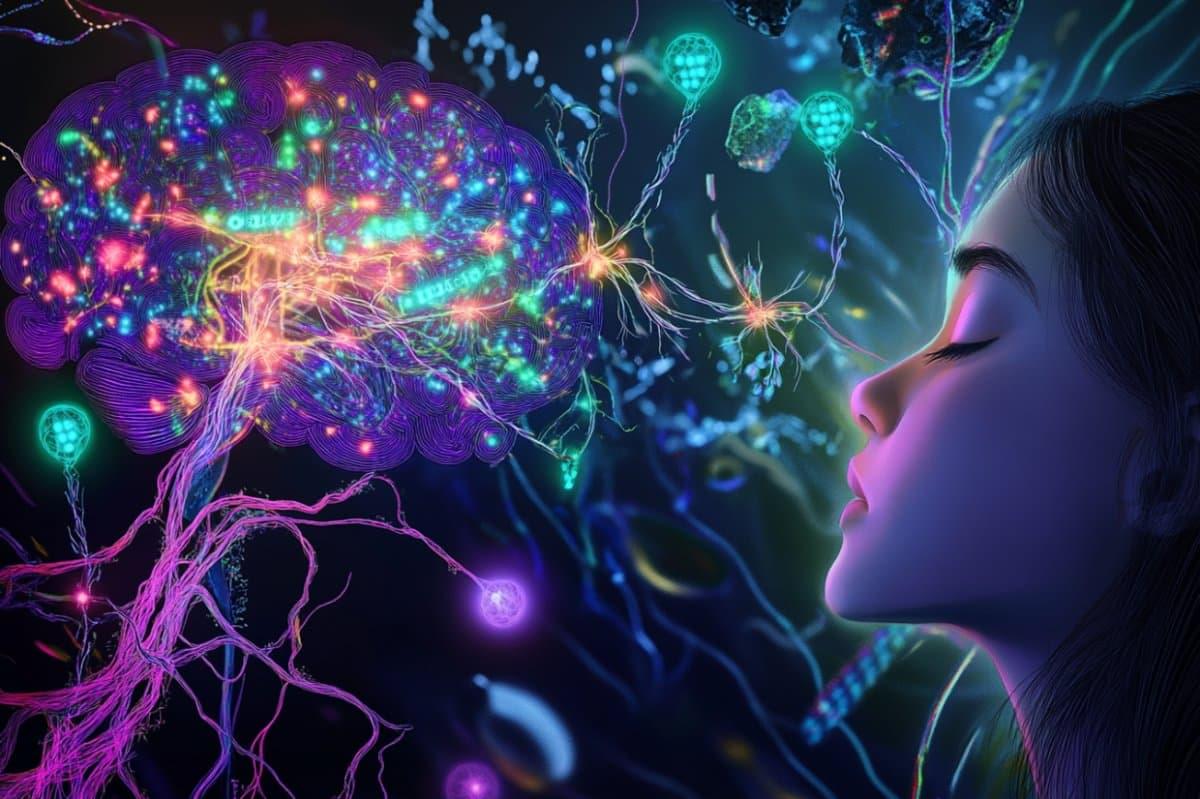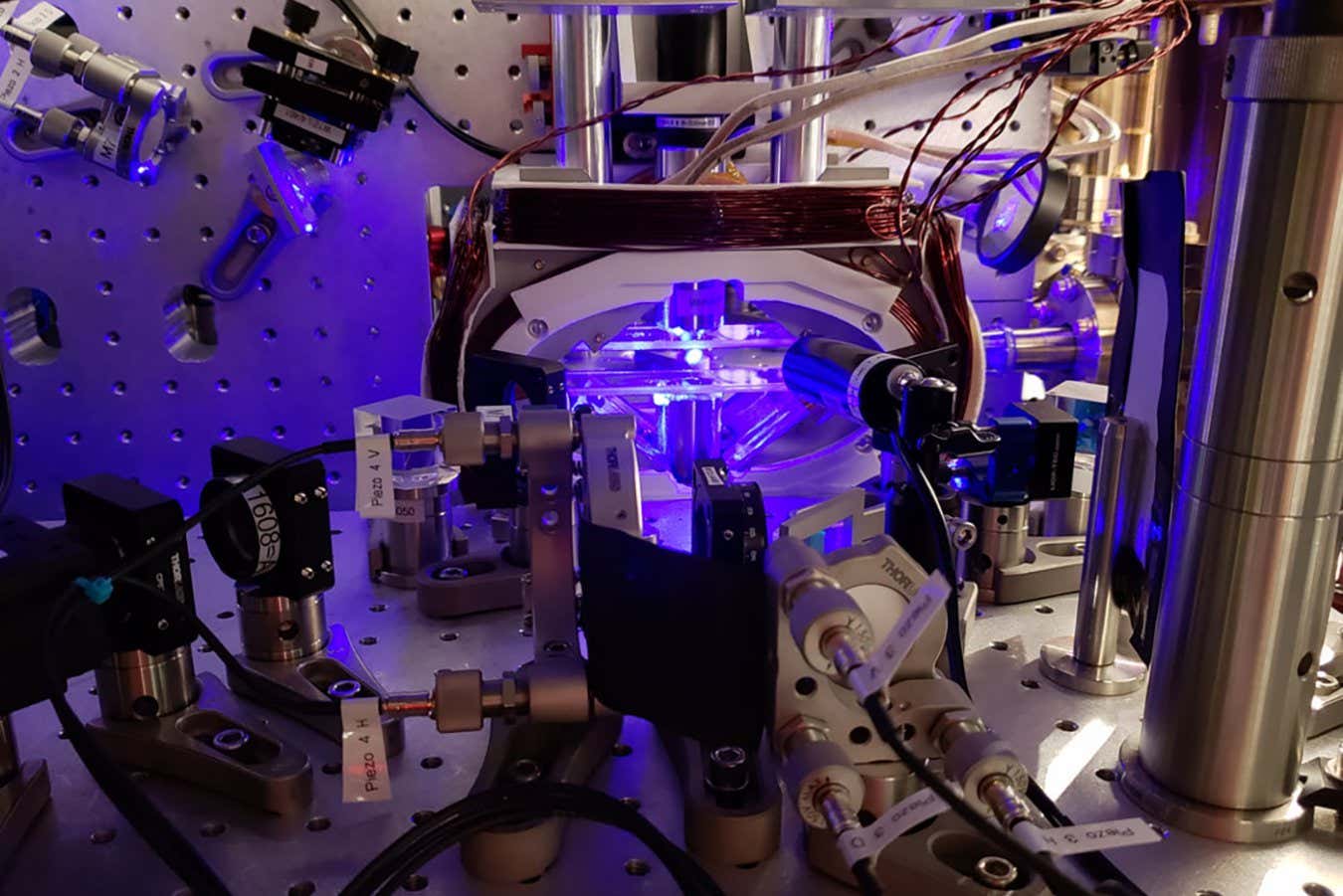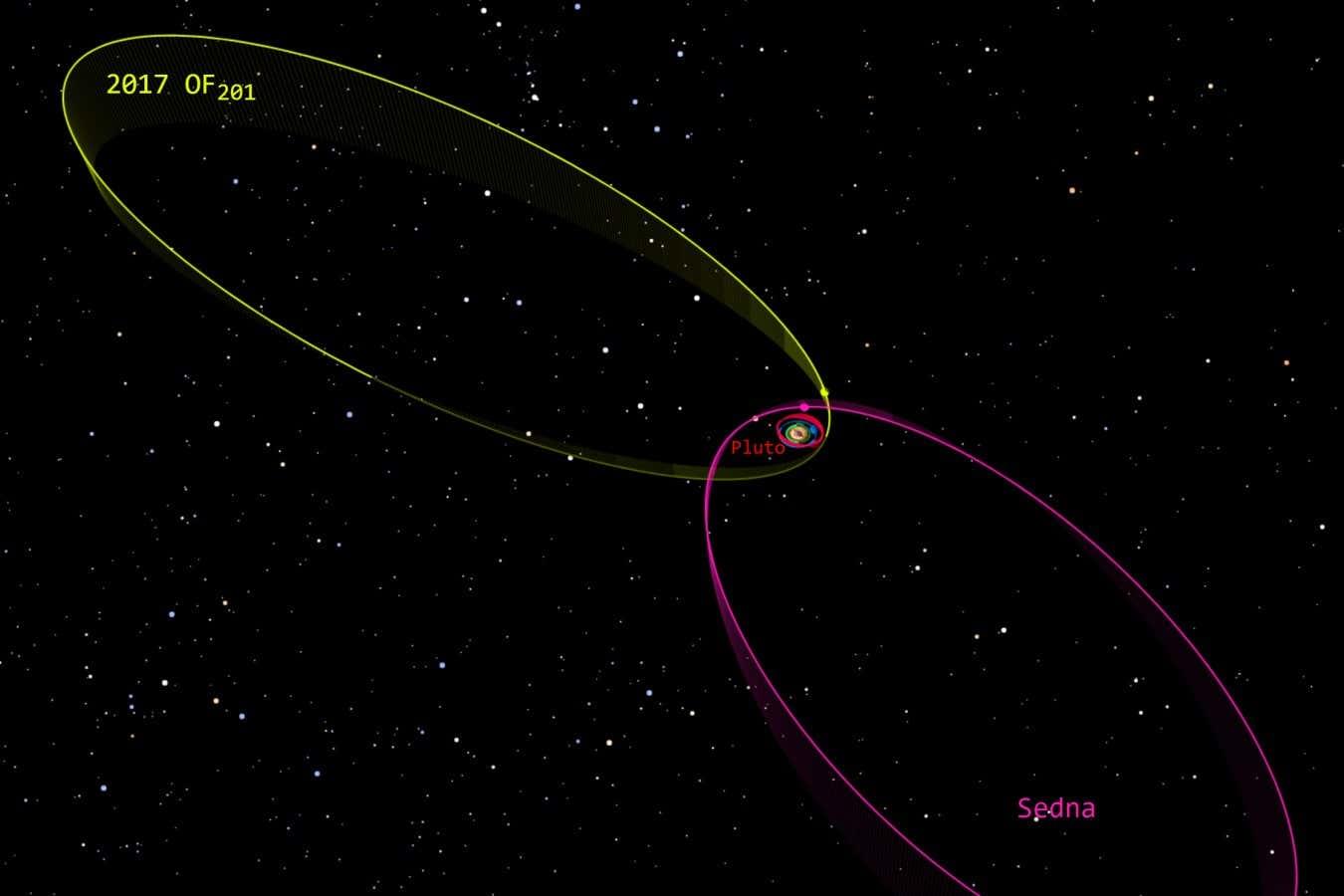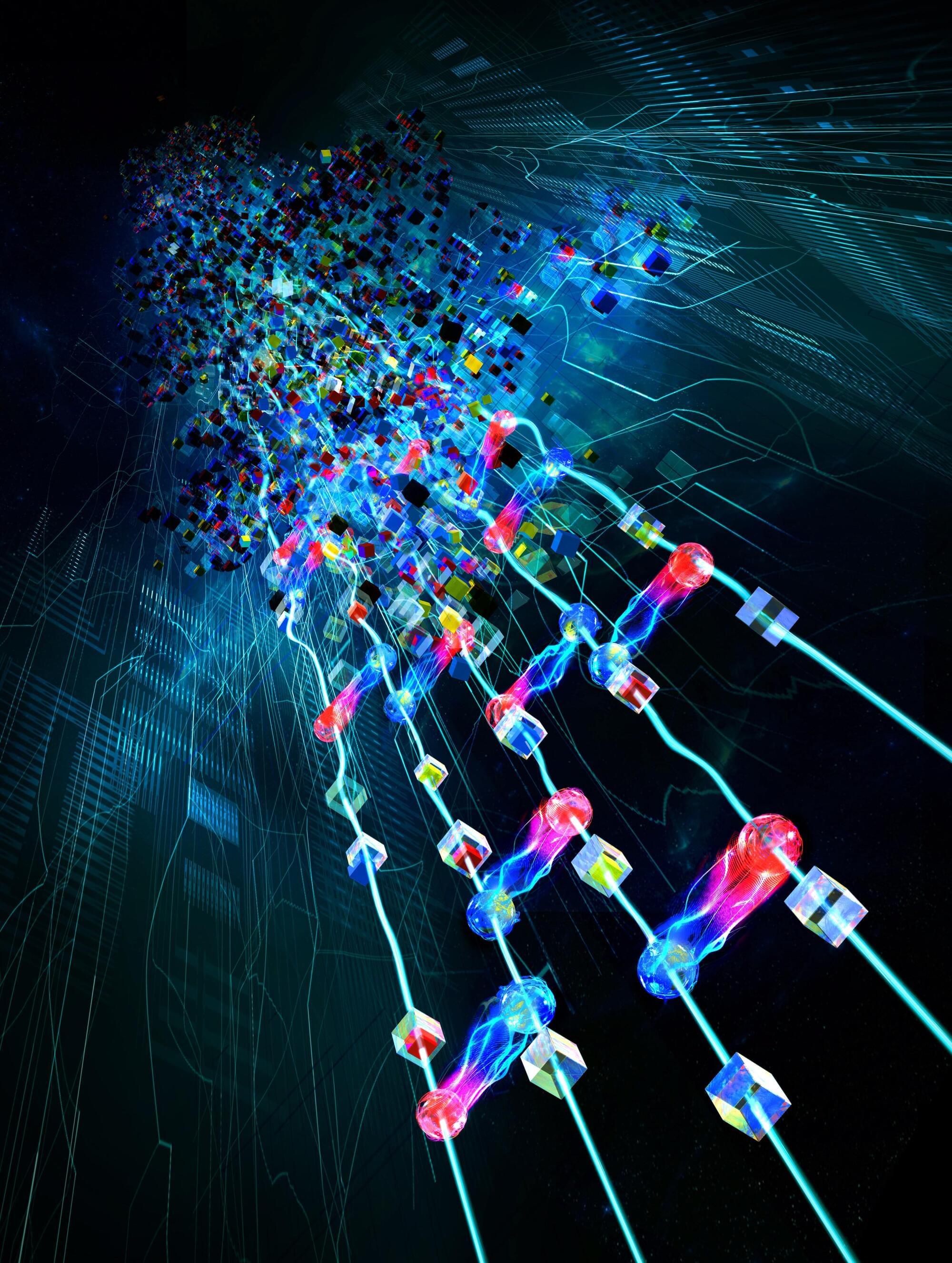Make sure to watch this next video about Type 1 to Type 4 Civilizations: https://youtu.be/5fTNGvuPTMU.
💡 Future Business Tech explores AI, emerging technologies, and future technologies.
SUBSCRIBE: https://bit.ly/3geLDGO
This video explores the Kardashev scale and the type 1 to type 7 civilizations. Related terms: ai, future business tech, future technology, future tech, future business technologies, future technologies, artificial intelligence, kardashev scale, type 7 civilization, type 6 civilization, type 5 civilization, type 4 civilization, type 3 civilization, type 2 civilization, type 1 civilization, etc.
ℹ️ Some links are affiliate links. They cost you nothing extra but help support the channel so I can create more videos like this.
#technology #ai








